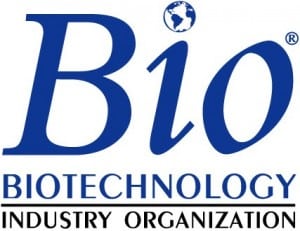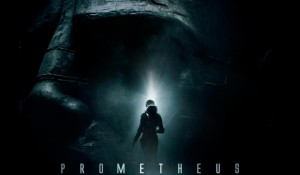
I’ll be in attendance as well as participating in BIO’s blogger network throughout the week. If you’d like to meet up during the conference, drop me a note and we’ll schedule some time to have coffee together.
You can follow Patent Baristas here or @PatentBaristas. You can get BIO updates from BIOtechNOW, an online portal and newsletter produced by BIO or @BIOConvention.
Session highlights include:

Tuesday, June 19, 8:30 a.m. – 9:45 a.m.
Moderator: Mark Fleming, Partner, Wilmer Cutler Pickering Hale and Dorr LLP
Speakers: Seth Waxman, Partner, Wilmer Cutler Pickering Hale and Dorr LLP, Kevin Marks, Vice President, Roche Molecular Diagnostics and John Whealan, Associate Dean for Intellectual Property Law, George Washington University Law School
Prior User Rights and Trade Secrets: A New IP Option Replacing Patents to Secure Freedom – to – Operate for Internally Used Innovations in Biotechnology
Trade secret asset management is a strategic imperative as companies develop and market their innovations. The session will help companies answer the question – Is it worth the trouble to patent internally – used technology? Additionally, the panel will discuss whether Prior User Rights, a defense against infringement of a later patent, is a better option for companies.
Tuesday, June 19, 2:00 p.m. – 3:30 p.m.
Moderators: R. Mark Halligan, Partner, Nixon Peabody LLP and Thomas Kelley, Consulting Patent Counsel, Monsanto Company
Speaker: Jason Duncan, Associate General Counsel, EMD, Serono, Inc.
IP Issues Affecting Biomarker Diagnostics and Personalized Medicine
A panel of international will discuss:how and why recent legislation and court decisions defining “patent-eligible” products and methods will impact the patent protection that is available for biomarker diagnostic products and services; scientific issues that impact patent procurement and the scope of patent protection and when the applicant must present the data and cross-border and multi-party (joint) infringement considerations that impact companies’ ability to enforce patents against competitor/copiers.
Wednesday, June 20, 2:00 p.m. – 3:30 p.m.
Moderator: Jan Skouv, Director IPR, Exiqon A/S
Speakers: David Gaas, Partner, Marshall, Gerstein & Borun, LLP; Thorlakur Jonsson, Director of Intellectual Property, deCODE genetics e; Simon O’Brien, Chartered Patent Attorney, D. Young & Co. and John Tessensohn, Board Member, Shusaku Yamamoto Patent Attorneys
American Invents Act Comes to Campus: the Impact on Commercialization and Technology Transfer Offices
The recently enacted Leahy-Smith America Invents Act 2011 (“Act”) is the most significant change to U.S. patent law in recent decades. Certain provisions of the Act will greatly affect how universities and non-profit research institutions disclose technological information, implement IP strategies, and license their innovations to third parties. This panel will discuss the impact of the Act on the missions and policies of universities and non-profit institutions as well as address new strategies for universities and non-profits.
Thursday, June 21, 8:30 a.m. – 9:45 a.m.
Speakers: Fernando Alberdi, Partner, Honigman Miller Schwartz and Cohn; Charles Niebylki, Senior Intellectual Property Advisor, National Institute of Health (NIH;, Robin Rasor, Director of Licensing, University of Michigan and Christina Sarris, Senior Technology Transfer Policy Advisor, National Institute of Health (NIH)
